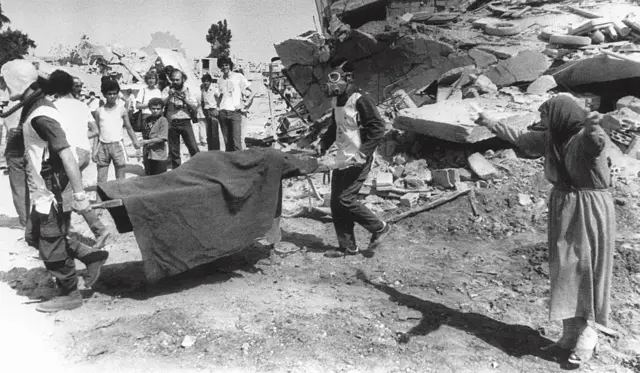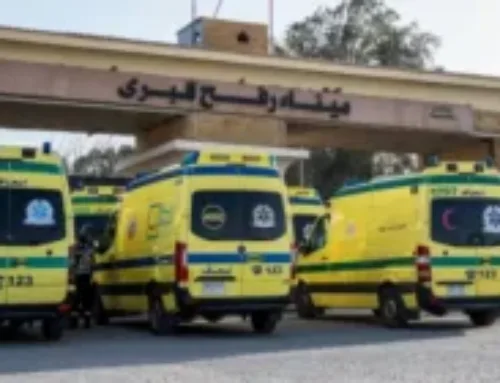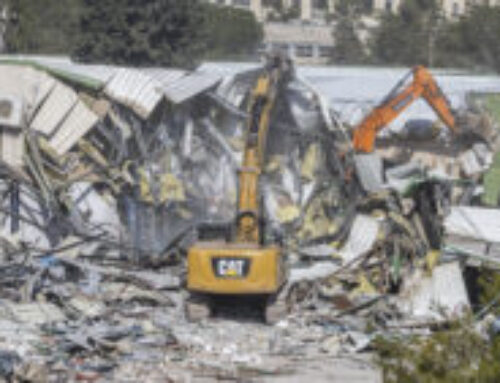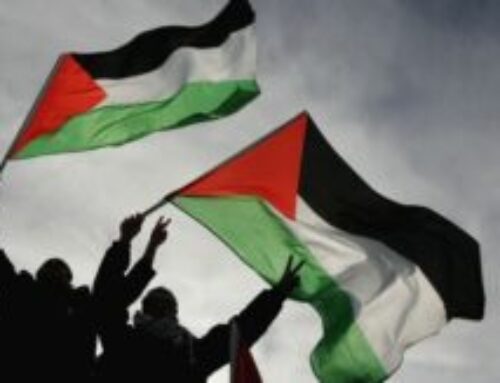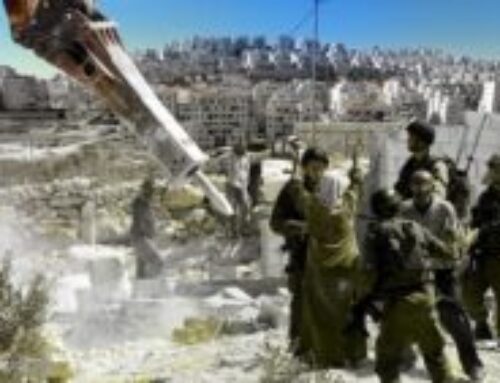On September 16, 1982, the Sabra and Shatila refugee camp in Beirut witnessed one of the most horrific massacres against Palestinian civilians. Over just three days, between 700 and 3,500 people, most of them are women and children, were killed by agents of the usurping entity in mass killings documented by the United Nations and international human rights organizations. The UN General Assembly deemed what happened an act of genocide, yet those responsible have never faced real accountability.
Forty-three years later, the memory of that massacre resurfaces alongside the tragedy unfolding in Gaza. The war, ongoing for more than 700 days, has claimed tens of thousands of lives, including thousands of children and women, through relentless bombardment and a suffocating blockade that has destroyed infrastructure and cut off food, water, and medicine. UN reports describe Gaza as an “open mass grave,” a grim repetition of the mass killings that devastated Sabra and Shatila.
Today, as in 1982, the international community stands powerless in the face of crimes against civilians, issuing statements of condemnation that fail to stop the bloodshed. Remembering Sabra and Shatila is not merely recalling history; it is a warning of a present repeating itself—impunity and global silence enabling ongoing genocide. Without genuine accountability and immediate protection for civilians, Palestinian tragedies—from Beirut to Gaza—will remain open wounds on the conscience of the world.

